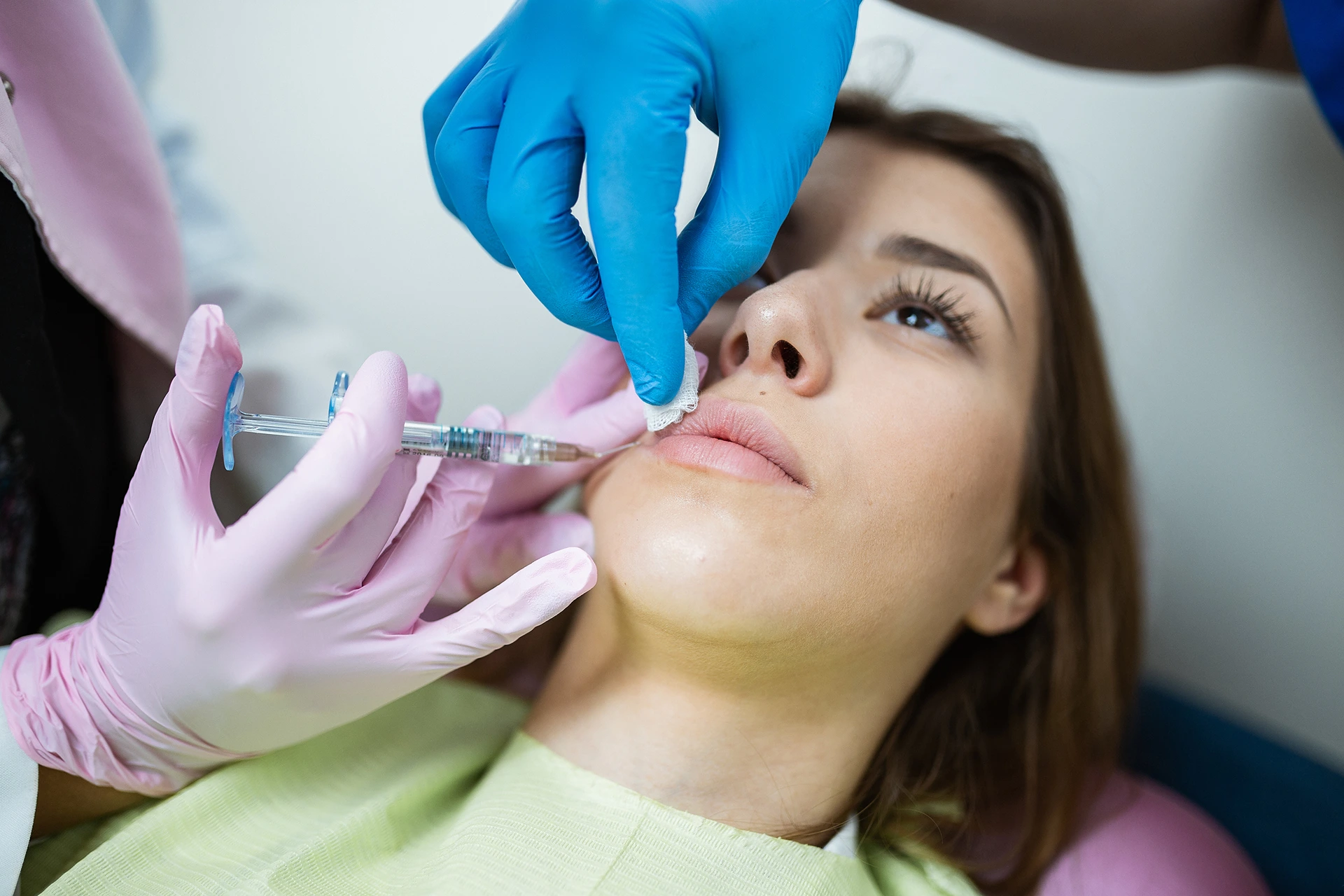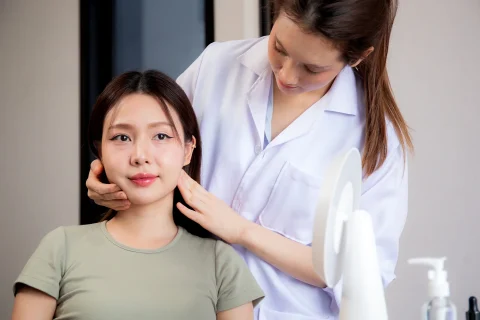Full, pouty lips have never been more in style. And with modern dermal fillers, achieving the look you want is an easy, nearly painless procedure.
But one lingering side effect many patients worry about is the temporary swelling and puffiness. While some plumping up is normal and expected as part of the healing process, extra puffiness can linger when certain swelling-reducing steps aren’t followed.
In this article, we’ll share my top tips for minimizing lip filler aftermath, so you can flash your fabulous new smile and plump pout with confidence.
Tips for Reducing Swelling After Lip Filler
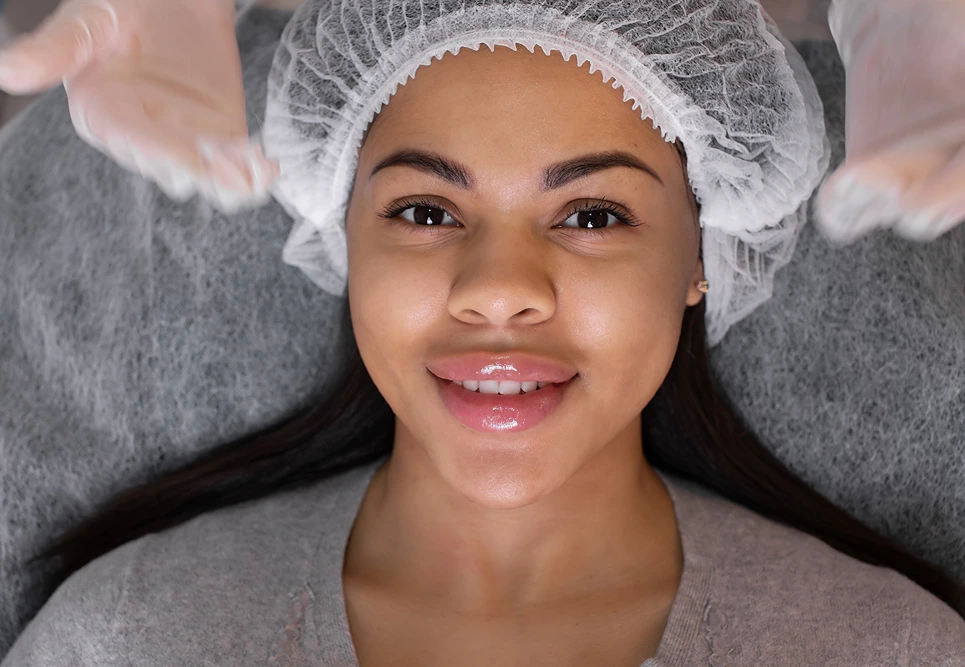
Here are some simple steps to reducing swelling after lip filler injections:
Applying an ice pack to your lips for 10-15 minutes several times a day is highly recommended. The cold can help constrict blood vessels and lower inflammation. Be sure to wrap the ice in a towel before applying to sensitive lip tissue. Staying elevated is also important. Place extra pillows under your head and shoulders at night to minimize swelling while you sleep.
Proper hydration makes a difference as well. Sipping water throughout the day keeps fluid moving freely in your body to aid the healing process.
An antihistamine may provide relief – always check with your provider first. Avoid high heat like hot showers or saunas which can expand vessels and add more plumping. Gentle products like aloe vera can soothe and speed repair. Limit strenuous activity which raises blood pressure and potentially increases puffiness.
Also steer clear of smoke and alcohol as these can worsen swelling. While some plumping is normal and expected, most people see significant reduction after a few days. With proper care, your lips should return to normal size and shape within 1-2 weeks. Contact your injector if side effects persist or seem excessive. With a little TLC, your lip filler results will shine through smoothly.
Can Ice Reduce Swelling After Lip Fillers?
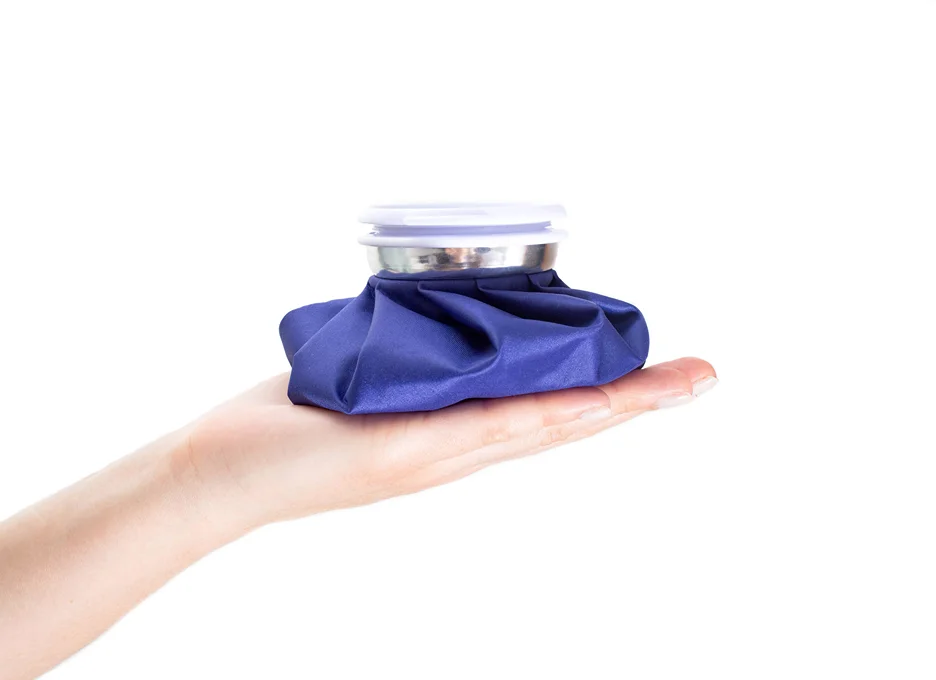
Yes, ice can reduce swelling after lip fillers. When you apply ice to an inflamed area, it constricts the blood vessels, which reduces blood flow and inflammation. This can help to reduce the size and puffiness of the swelling.
To use ice to reduce swelling after lip fillers, wrap an ice pack or a bag of frozen peas in a thin towel and apply it to your lips for 10-15 minutes at a time, several times a day. Be sure to avoid applying the ice directly to your skin, as this can cause a cold burn.
It is important to note that everyone reacts differently to lip fillers, and some people may experience more swelling than others. Swelling is typically most severe in the first 24-48 hours after treatment, but it can last for up to a week. If you are concerned about the swelling, or if it is not improving after a few days, be sure to contact your doctor.
Does Ibuprofen Reduce Swelling After Lip Fillers?
No, ibuprofen does not reduce swelling after lip fillers. In fact, it can actually make it worse. Ibuprofen is a nonsteroidal anti-inflammatory drug (NSAID) that works by thinning the blood and reducing inflammation. However, this can also increase the risk of bruising and bleeding.
After lip filler treatment, your lips will be slightly bruised and swollen. This is a normal part of the healing process. Ibuprofen can thin your blood and make the bruising and swelling worse. It can also prolong the healing process.
If you are experiencing pain or discomfort after lip filler treatment, it is best to take acetaminophen (Tylenol) instead of ibuprofen. Acetaminophen is a pain reliever that does not thin the blood or increase the risk of bruising.
Tips on How To Reduce Lip Filler Swelling Fast
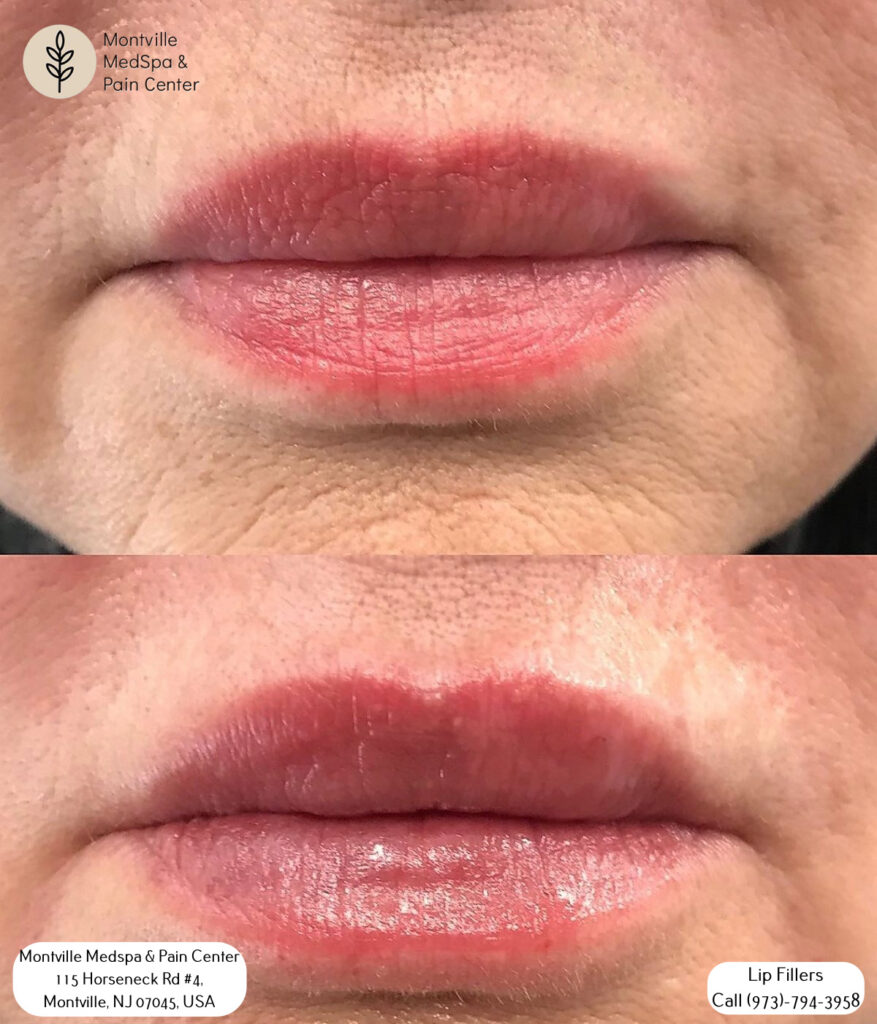
Here are some tips on how to reduce lip filler swelling fast:
Ice: Ice is the best way to reduce swelling quickly. Apply an ice pack or a bag of frozen peas wrapped in a thin towel to your lips for 10-15 minutes at a time, several times a day.
Be sure to avoid applying the ice directly to your skin, as this can cause a cold burn.
Elevation: Elevate your head when you sleep. This will help to reduce blood flow to your lips and reduce swelling. You can do this by using an extra pillow or two, or by reclining in a chair.
Hydration: Drink plenty of water to stay hydrated. This will help to flush out toxins and reduce inflammation.
Avoidance: Avoid strenuous exercise, heat exposure, smoking, and drinking alcohol for the first 24-48 hours after treatment. These things can all increase swelling and inflammation.
Arnica: Arnica is a natural herb that has anti-inflammatory and pain-relieving properties. It can be applied topically to the affected area in the form of a gel, cream, or ointment.
If you have severe swelling, your doctor may prescribe oral corticosteroids. These medications can help to reduce inflammation and swelling quickly. However, they should only be used under the supervision of a doctor.


